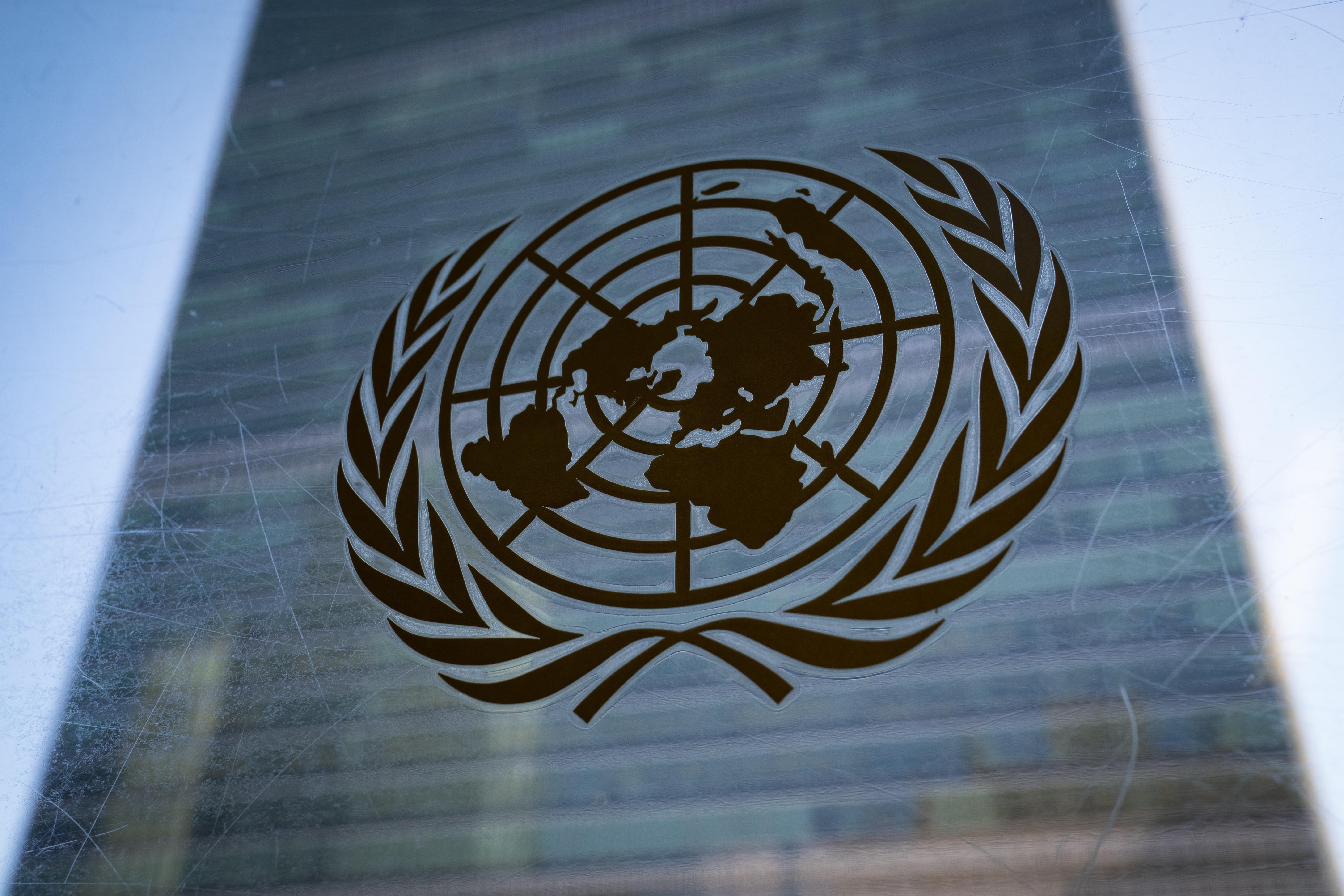 The symbol of the United Nations is displayed outside the Secretariat Building, Feb 28, 2022, at United Nations Headquarters. (PHOTO / AP)
The symbol of the United Nations is displayed outside the Secretariat Building, Feb 28, 2022, at United Nations Headquarters. (PHOTO / AP)
UNITED NATIONS - The High-Level Political Forum on Sustainable Development ended Wednesday at the UN headquarters in New York, with a renewed call for urgent and collective action to deliver on the Sustainable Development Goals (SDGs) by 2030.
Businesses, civil society organizations, youths and others from over 100 countries attended the forum, which started on July 10, to share successes, experiences and lessons learnt on the SDGs.
At present, 37 of the world's 69 poorest countries are in debt distress or at high risk, hampering their ability to accelerate action on the SDGs
The forum, which focused this year on specific goals related to sustainable energy, clean water, infrastructure and innovation, sustainable cities, and partnerships, stressed the critical need for bold and transformative action at the local level.
Only 12 percent of SDG targets are on track, according to a preliminary assessment of roughly 140 targets for which data is available. With only seven years left, the task ahead to achieve the SDGs is formidable, but not impossible, said a UN press release.
ALSO READ: UN chief sounds alarm on lack of progress on SDGs
"We are halfway to 2030 and yet nowhere near to achieving the SDGs. The bad news is we've lost seven years. The good news is we still have seven years and victory is within our reach," said UN Economic and Social Council President Lachezara Stoeva. "But countries must integrate the SDGs into their national development plans, policies and strategies. A strong push must be made to accelerate progress, and aligning national priorities with the SDGs is paramount to ensure a coherent and comprehensive approach to sustainable development."
According to the SDGs Report 2023: Special Edition, there has been progress in some areas. 800 million people have been connected to electricity between 2015 and 2021; 146 countries already met or are on track to meeting the under-5 mortality target and effective HIV treatment cut global AIDS-related deaths by 52 percent since 2010.
"As we cross the halfway mark to 2030, one overriding truth stands out in my mind: Change is possible. Backsliding is not inevitable. Poverty, pollution, and gender inequality are not pre-ordained," said UN Secretary-General Antonio Guterres at the opening of the forum. "They are trends that can be reversed, problems that can be solved, tragedies that can be averted, lives that can be saved. And together, we can deliver."
ALSO READ: UN report: Asia-Pacific faces major challenge in meeting SDGs
Thirty-eight countries and the European Union presented their Voluntary National Reviews at the forum, demonstrating the bold actions they are taking to achieve the SDGs, the release said.
The most vulnerable countries are bearing the brunt of the world's collective failure to accelerate progress on the SDGs, it said.
At present, 37 of the world's 69 poorest countries are in debt distress or at high risk, hampering their ability to accelerate action on the SDGs. As of December 2022, more than 108 million people were forcibly displaced from their homes and conflict-related civilian deaths surged over 50 percent in 2022.
This year's forum set the stage for the SDG Summit on Sept. 18-19, where world leaders are called on to renew their commitments and raise their ambition for the SDGs.
Strong political will, accompanied by bold investments in the SDGs, is essential to reversing setbacks. The UN secretary-general's SDG Stimulus outlines the need for the international community to come together to mobilize investments for the SDGs, calling on wealthier countries to scale up affordable long-term financing to help countries in need with up to 500 billion U.S. dollars annually, the release said.
ALSO READ:China urges world to recommit to UN SDGs
"I urge every government to come to the SDG Summit with clear plans and pledges to strengthen action in their countries to 2030," said Guterres. "We need ambitious national commitments and interventions to reduce poverty and inequality by 2027 and 2030."


